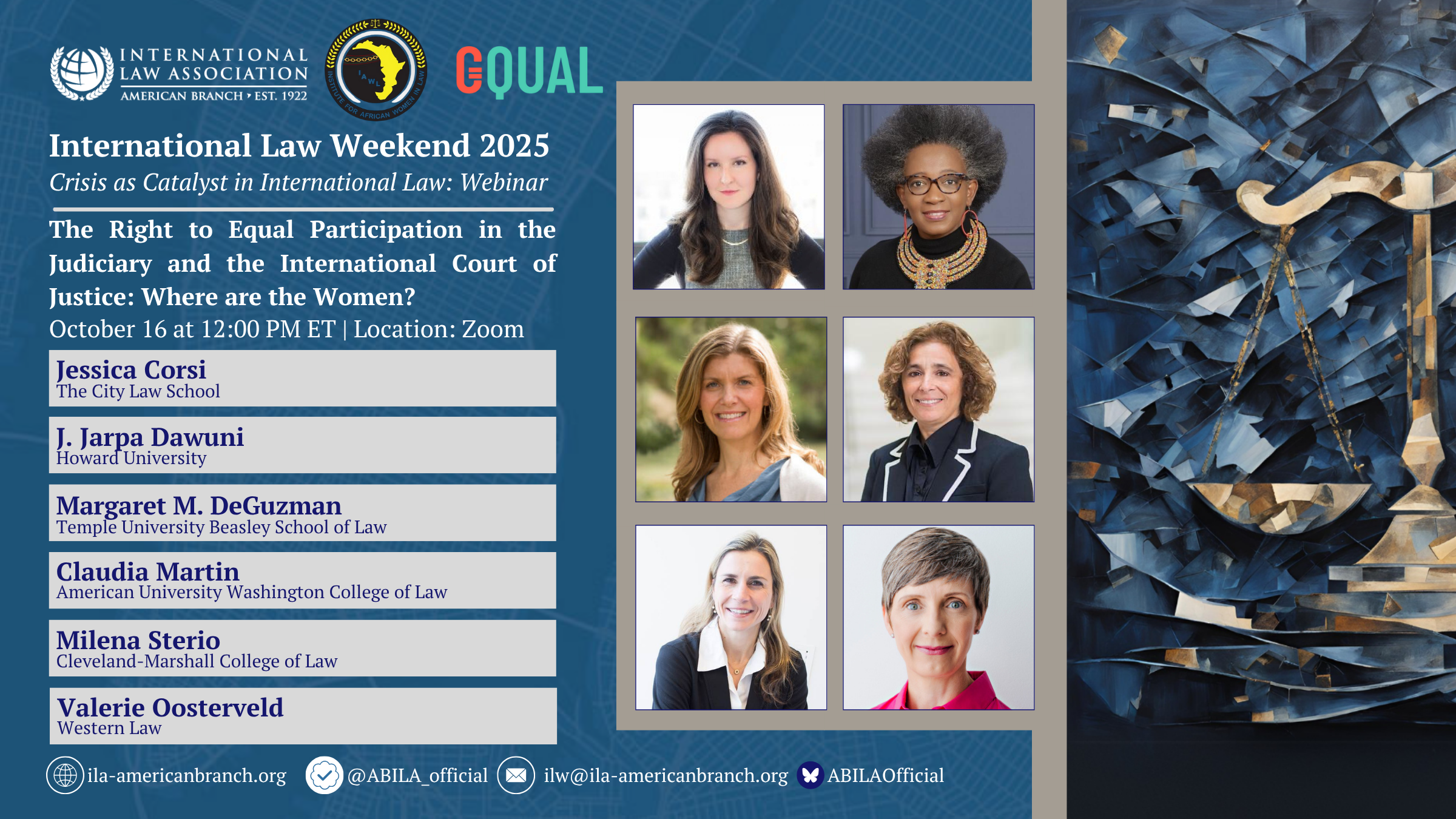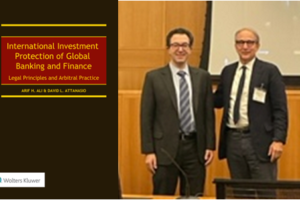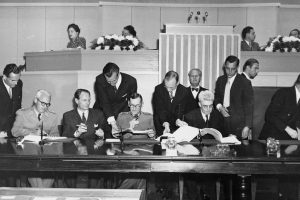The Right to Equal Participation in the Judiciary and the International Court of Justice: Where are the Women? – a Pre ILW Webinar

The right to equal participation in decision making is a fundamental human right enshrined in international law, including in the International Covenant on Civil and Political Rights, the International Covenant on Economic Social, and Cultural Rights, and the Convention on the Elimination of All Forms of Discrimination against Women. In its General Recommendation 40 (GR40) issued in October 2024, the Committee on the Elimination of Discrimination Against Women (the CEDAW Committee) made it clear that this right applies to international judiciaries. GR40 notes that despite the fundamental nature of this right, States do not enforce it. The International Court of Justice (ICJ) is one such example. In the almost 80 years of the court, only 5.22% of its permanent judges have been women, the rest men, and no data is known regarding other genders. Justice systems should reflect the diversity of the societies they serve, and the ICJ is no exception. Known as the ‘World Court’, the historical and ongoing overrepresentation of one gender on its bench demonstrates its lack of representativeness.
This panel discussion will focus on the need for gender parity on the ICJ bench from a human rights lens with a special focus on the right to equal participation in decision making and in the international judiciary. Panelists will discuss the causes and consequences of women’s absence from the ICJ bench and assess barriers to ICJ judicial gender parity and how to overcome them. The discussion will address gender-based discrimination and gendered barriers to the fulfillment of other human rights that may impede the effective exercise of judicial participation rights for women. One year on from GR40, and one year away from the November 2026 ICJ judicial election, it is time to turn the recommendation into reality.
Moderators:
Jessica Corsi: Dr. Jessica Lynn Corsi is a Senior Lecturer in Law at The City Law School and a founding faculty member at City’s interdisciplinary Violence and Society Centre. At the Centre, she is a Co-Investigator on VISION, a 5 year £7.1 million multi-institution consortium grant from the UKPRP. VISION focuses on how improving measurement and data can contribute to reducing violence and health inequalities in society and support the recovery of victims of violence. Co-Chair of the ABILA Gender Justice in International Law Committee.
Milena Sterio: Milena Sterio, the James A. Thomas Distinguished Professor of Law at Cleveland State University’s Cleveland-Marshall College of Law and Managing Director at the PILPG. She is a leading expert on international law, international criminal law and human rights. Sterio leads PILPG’s Thought Leadership Initiative. Co-Chair of the ABILA Gender Justice in International Law Committee.
Speakers:
J. Jarpa Dawuni: J. Jarpa Dawuni is a Full Professor of Political Science at Howard University, Washington DC. She is a qualified Barrister-at-Law before the Ghana Superior Courts. She holds a Doctorate in Political Science from Georgia State University. Her primary areas of research include judicial politics, women in the legal professions, gender and the law, international human rights, women’s civil society organizing, and democratization.
Margaret M. deGuzman: Margaret M. deGuzman is Professor of Law and Co-Director of the Institute for International Law and Public Policy at Temple University Beasley School of Law. She also serves as a judge of the International Residual Mechanism for Criminal Tribunals, where she currently sits on the Trial Chamber in The Prosecutor v. Félicien Kabuga. Professor deGuzman’s research focuses on international criminal law, international humanitarian law, human rights, and transitional justice.
Claudia Martin: Professor Claudia Martin is Professorial Lecturer in Residence and Co-Director of the Academy on Human Rights and Humanitarian Law. In addition, she is the Co-Director of the LL.M. Program in International Human Rights and Humanitarian Law. She teaches and specializes in international law, international human rights law, and the Inter-American Human Rights System. She is also a founding member of GQUAL, a campaign to promote gender parity representation in international court and organs, and serves as a member of the campaign’s Secretariat.
Valerie Oosterveld: Valerie Oosterveld is a Professor at Western Law and Western Research Chair in International Criminal Justice (2024-2028). Her research and writing focus on gender issues within international criminal justice and she has published widely in this field, including on the concept of gender in international criminal law and the interpretation of sexual and gender-based crimes by international criminal courts and tribunals. She also researches outer space law, particularly international environmental space law, space mining, state responsibility in space, armed conflict in space, a feminist analysis of space law, and Canadian space law.



